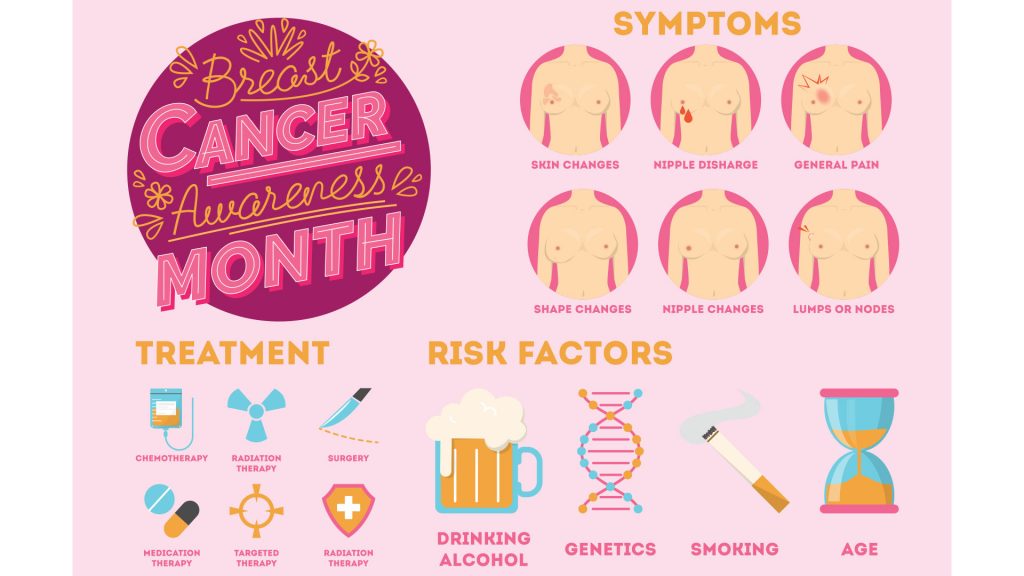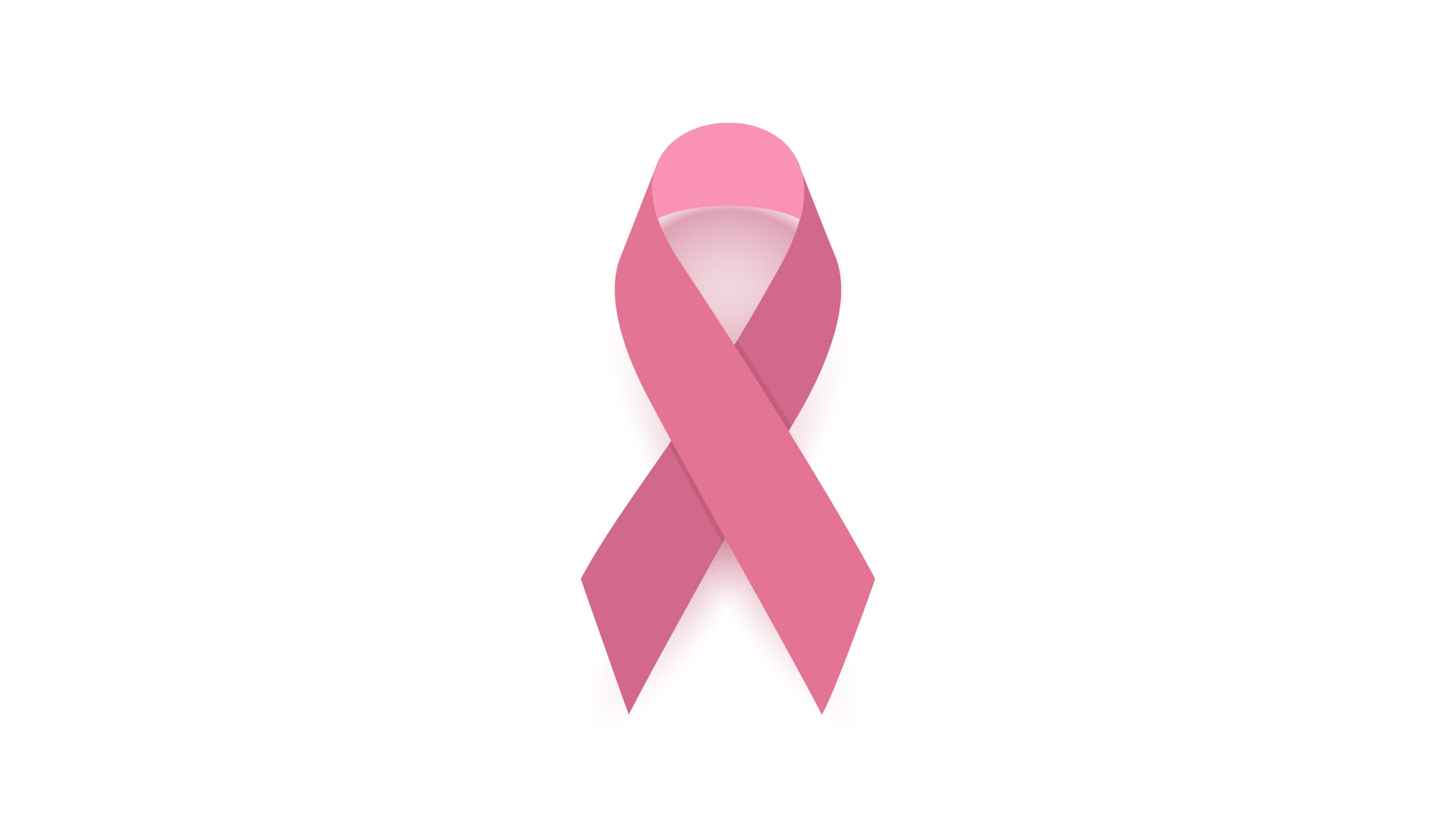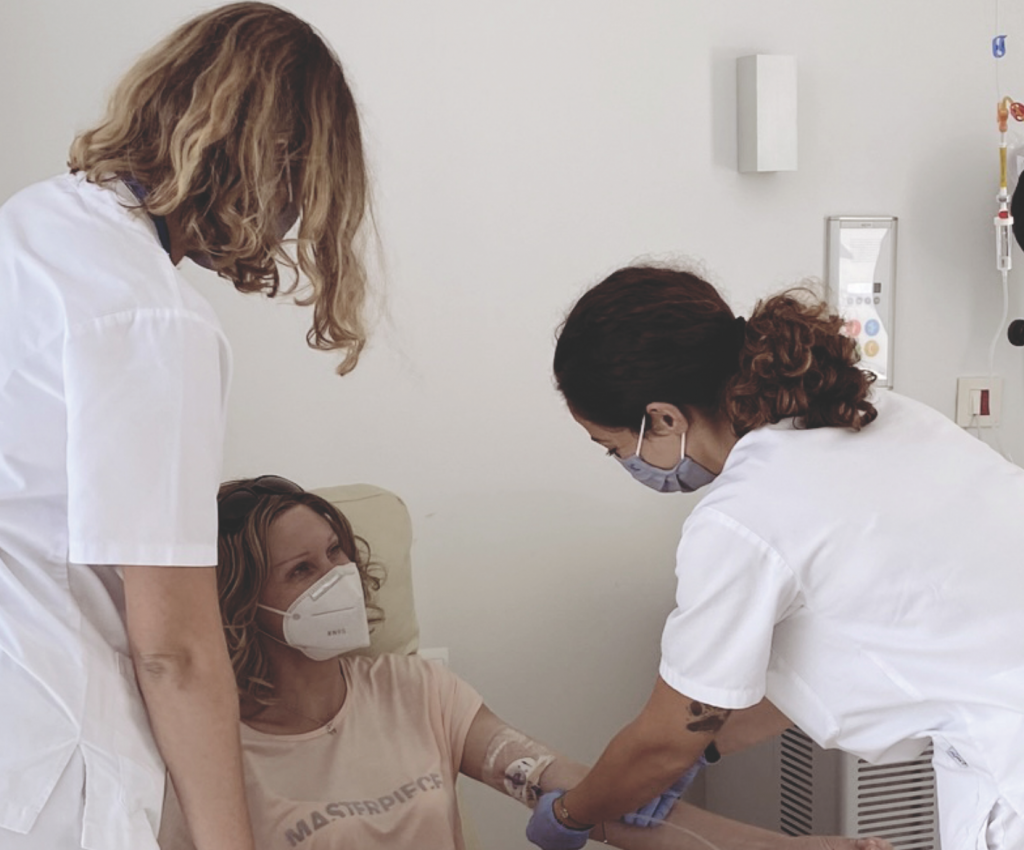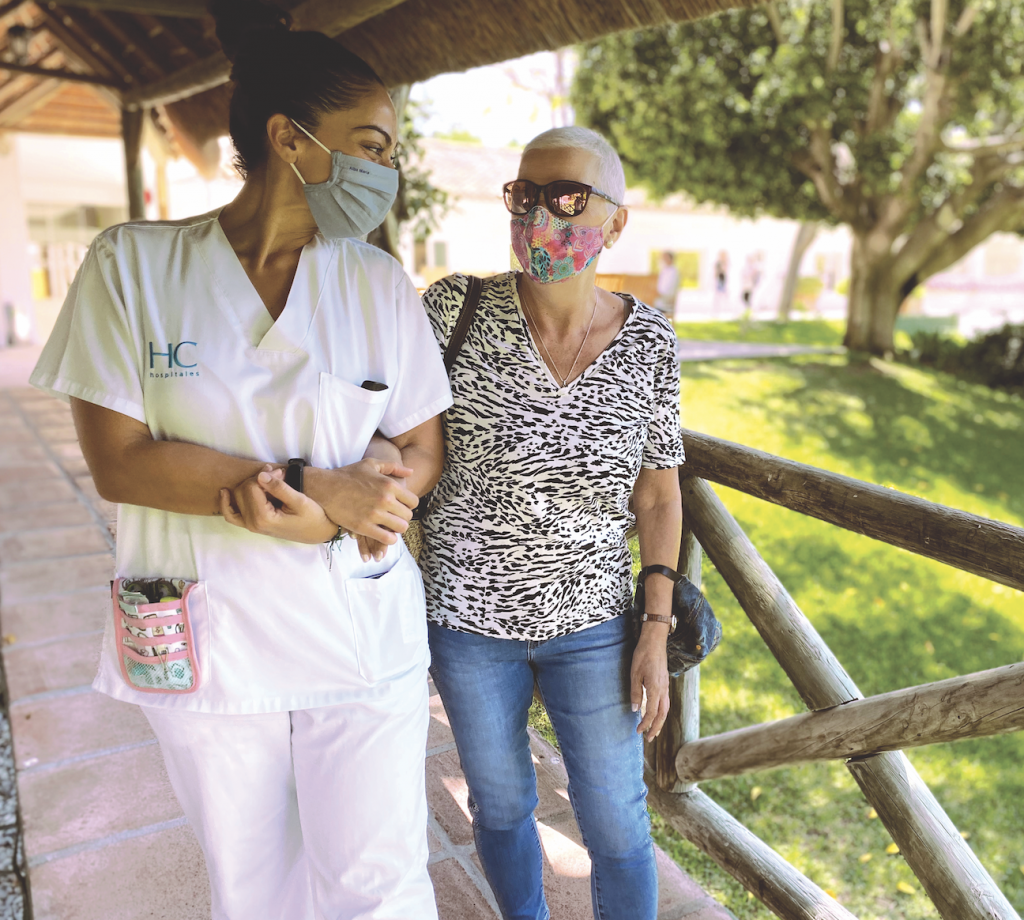October is breast cancer prevention month, although for many, awareness and the fight against this disease form part of every day of the year.
Breast cancer is the most common cancer among women in both developed and developing countries. It is estimated that 1 out of every 8 women in Spain will develop breast cancer. Despite this, the cure rate is increasing and thanks to early detection campaigns prognosis for this disease has improved.
Medical advances have made it possible to learn more and more about the biology of the disease, developing more effective and less aggressive, personalized treatments.
At HC Cancer Center we face this disease every day, our team comprises specialists in different fields who investigate the tumour starting at its origin and together plan the optimum treatment for each patient.
The first step in this fight begins with prevention and early diagnosis. All women aged 45 or over should have a mammogram. Tomosynthesis, or 3D mammography, can detect very small lesions that previously passed unnoticed, increasing cancer detection by 40%. As a result, cancers are diagnosed in their early stages, significantly increasing patient survival.
When cancer is localized, the treatment of choice is usually surgery or radiotherapy, sometimes combined with chemotherapy to maximize the effect.
Surgically, conservative surgery is currently the preferred option, i.e. the removal of the lesion with an adequate margin, avoiding mastectomy whenever possible.
In order to provide this more conservative treatment, while still maintaining local control and the survival figures previously obtained with mastectomy, it is ALWAYS necessary to supplement treatment with radiotherapy. “New radiotherapy is more precise, conformed, and safe, improving treatment tolerance while maintaining effectiveness”, explains Paula Sedano, radiation oncology specialist at HC Cancer Center.
In cases where systemic drug therapy is required she continues, “We have different genetic platforms that provide information on the genetic mutation of the tumour. This enables evaluation of the risk of relapse in each patient and therefore understanding of the benefits of supplementing treatment with chemotherapy, or even the identification of a drug targeted at that specific mutation”. In hormone-dependent tumours, hormone therapy will also continue to be an essential part of breast cancer treatment.
Each treatment has its function and its time, and it is therefore essential that it is coordinated by a multidisciplinary team. “We have a breast unit made up of different specialists, among them gynaecologists, radiologists, medical oncologists and radiation oncologists. They offer a complete service to patients from early diagnosis to treatment, to guarantee the best treatment option, in the best surroundings and with the same people”.
Thanks to this progress in treatment plus methods for early diagnosis, she concludes: “we have managed to increase long-term survival rates and are a step closer to winning this battle”.











